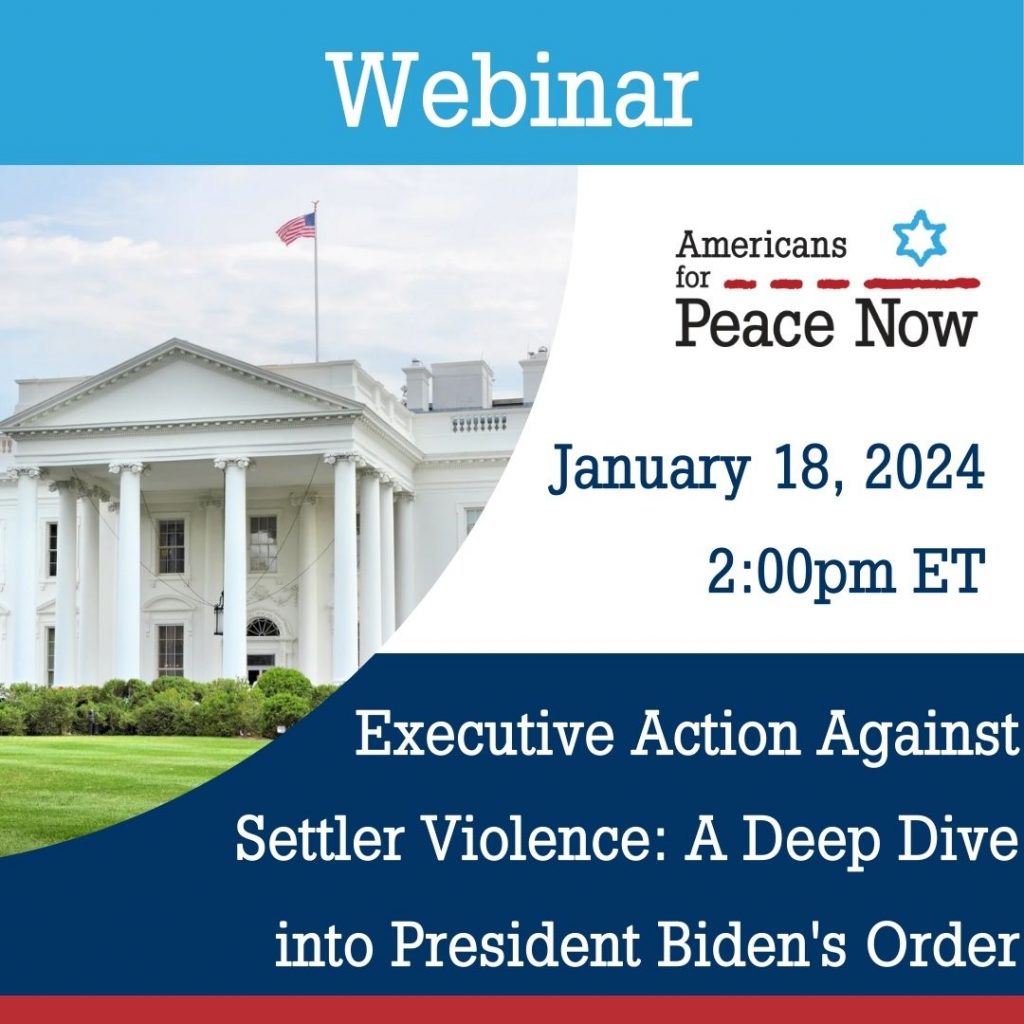Yossi Alpher is an independent security analyst. He is the former director of the Jaffee Center for Strategic Studies at Tel Aviv University, a former senior official with the Mossad, and a former IDF intelligence officer. Views and positions expressed here are those of the writer, and do not necessarily represent APN's views and policy positions.
Produced by the Foundation for Middle East Peace in cooperation with Americans for Peace Now, where the Legislative Round-Up was conceived.
1. Bills &
Resolutions
2. Media & Members on 2022
Elex
3.
Members on the Record (Palestine)
4. Members on the Record
(Israel)
5.
Members on the Record (Iran & Saudi Arabia)
6. Members on the Record (All
other Mideast countries)
1. Bills, Resolutions & Letters
(FY23 NDAA) HR 7900: Check out my handy-dandy table tracking Middle East-related amendments offered in the Senate to HR 7900 to see this week’s updates, including more amendments dropped this week and the list of amendments that have reportedly made it into the managers’ substitute NDAA text (keeping in mind that other amendments may still be brought up by senators on the Senate floor).
(SUSPEND ARMS SALES TO KSA) HR XXXX/S. XXX (PDF): On 10/9/22, Sen. Blumenthal (D-CT) and Rep. Khanna (D-CA) co-authored an op-ed (along with Jeffrey Sonnenfeld) making the case that “The Best Way to Respond to Saudi Arabia’s Embrace of Putin” is to “halt arms sales to Saudi Arabia and rebalance the U.S.’s relationship with Riyadh.”
The surging violence in the West Bank and East Jerusalem, two weeks before Israel’s general elections, is not only a tragedy, but also a cause for serious political concern.
Americans for Peace Now (APN) calls on all stakeholders, including the Biden administration, to do their utmost to lower the flames and stop the violence to prevent further bloodshed and destruction.
The current flareup is characterized by provocative settler violence. In various hotspots in the West Bank and East Jerusalem, settlers have been brutalizing Palestinians, damaging their property, burning cars and blocking vital transportation routes. Settler provocations have become a staple of Jewish holidays. Young settlers are off school and their parents on holiday break. The result is an increase in organized violent action.
For many Israelis of my generation, even more than spiritual reflection, Yom Kippur evokes political reflections on war and peace.
Every year since 1973, Yom Kippur takes me back to that dark period in Israeli history, when a disastrous war drove Israelis to question their leaders, the power of their military, their sense of invincibility and the very ability of their national home to survive. Israel won the war, but the loss was immense. Some 2,200 soldiers died and 7,250 were injured. It caused one of the deepest political crises in Israel’s history. It forced a painful collective introspection and drive to overcome the hubris and sense of complacency in the wake of Israel’s spectacular victory in the 1967 Six-Day War. That complacency and hubris was known in colloquial Hebrew as the “conceptsia” (conception).
Produced by the Foundation for Middle East Peace in cooperation with Americans for Peace Now, where the Legislative Round-Up was conceived
Yossi Alpher is an independent security analyst. He is the former director of the Jaffee Center for Strategic Studies at Tel Aviv University, a former senior official with the Mossad, and a former IDF intelligence officer. Views and positions expressed here are those of the writer, and do not necessarily represent APN's views and policy positions.
Americans for Peace Now cautiously welcomes yesterday’s launch of the Joint US-Israel Strategic High-Level Dialogue on Technology. As announced in this summer’s Jerusalem US-Israel Strategic Partnership Joint Declaration, these talks are intended to establish a US-Israel technological partnership on critical and emerging technologies and solutions to global challenges.
Twenty-two years ago, then-head of Israel’s opposition Ariel Sharon, escorted by a thousand Israeli police officers, provocatively visited Jerusalem’s Temple Mount/Haram al-Sharif, igniting the second popular Palestinian uprising (the second intifada). This protracted armed conflict, which included brutal Palestinian terrorist attacks and ruthless Israeli operations to re-conquer the West Bank, caused more than 1,000 Israeli fatalities and more than 2,700 Palestinian fatalities. Thousands more were injured and hundreds of thousands traumatized.

